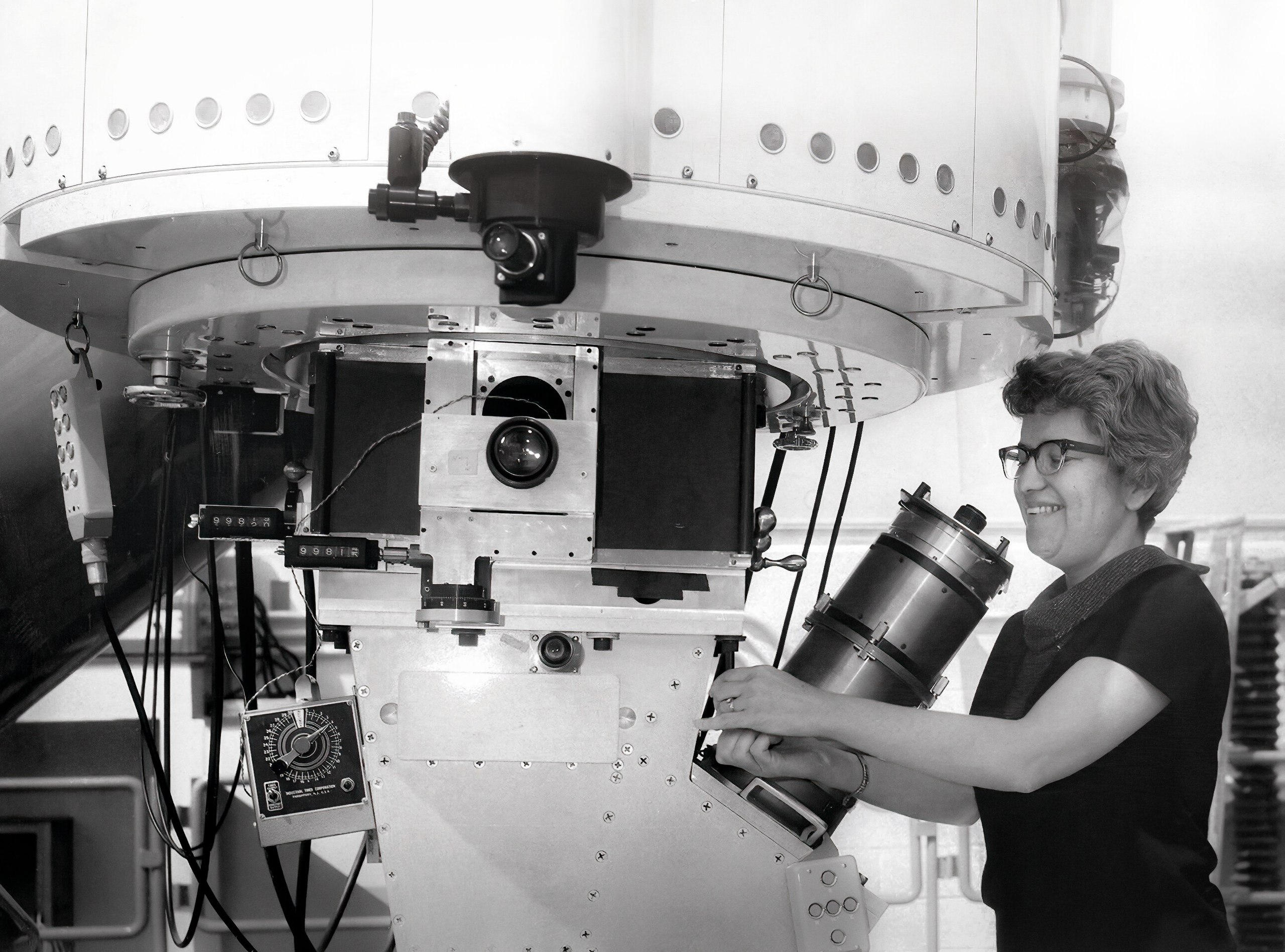Astronomers worldwide are in an uproar after the Rubin Observatory altered Vera Rubin’s biography on its official website. The changes removed sections highlighting her fight for women in science and the observatory’s efforts to promote diversity in astronomy.
Why did this happen? It’s all connected to a policy from former U.S. President Donald Trump. His administration issued an executive order cutting funding for diversity, equity, and inclusion (DEI) programs and requiring all related references to be removed from government websites.
Many scientists are frustrated and outraged by this decision. “No executive order can stop us from making science more inclusive,” astronomer John Barentine told Space.com. “If anything, this only strengthens our resolve to keep pushing forward.”
Several significant edits were made to Rubin’s biography. One example: the original phrase “Vera Rubin offers an excellent example of what can happen when more people participate in science” was changed to just “many people,” removing the emphasis on diversity. Additionally, a section about the observatory’s commitment to increasing representation of women and underrepresented groups was completely deleted.
Many see this as an attempt to “erase history.” Yvette Cendes, an astronomer at the University of Oregon, called the decision deeply concerning. “Vera Rubin was a champion for women in science because she personally faced discrimination. Erasing that part of her story is simply unfair,” she said.
However, the astronomy community is not staying silent. Scientists and diversity advocates are working to archive the deleted information to ensure Vera Rubin’s legacy is preserved. “They think they can erase history, but they’re wrong,” Barentine said. “We won’t stand by and let this happen.”
Vera Rubin is best known for her groundbreaking research on dark matter, which revolutionized our understanding of the universe. But beyond being a brilliant scientist, she also paved the way for many women in the field. One of her most famous moments came in 1964 when she became the first woman allowed to use the telescope at Palomar Observatory—after previously being denied access simply because of her gender.
But Rubin’s fight didn’t end there. Throughout her career, she faced numerous challenges and gender bias. As a student, professors often underestimated her abilities just because she was a woman. When applying for her PhD program, she was warned that academia would be an extremely difficult path for women. But Rubin refused to give up. She went on to provide some of the strongest evidence for dark matter—one of the biggest mysteries in cosmology today.
Beyond her scientific work, Rubin actively pushed for fairer policies for women in science. She frequently called out conferences that lacked female speakers and urged organizers to make changes. Many young women found inspiration in her courage and became more confident in pursuing careers in astronomy.
Thanks to her dedication, Rubin received numerous prestigious awards, including the National Medal of Science from President Bill Clinton in 1993. Although she never won a Nobel Prize, many scientists believe her contributions to dark matter research were deserving of such an honor.
Even though some are trying to erase her impact, the scientific community is determined to keep Vera Rubin’s spirit alive. “Astronomy will not forget Vera’s contributions,” Barentine emphasized.
What do you think? Is erasing history ever justified, or does it only strengthen the fight for diversity?
